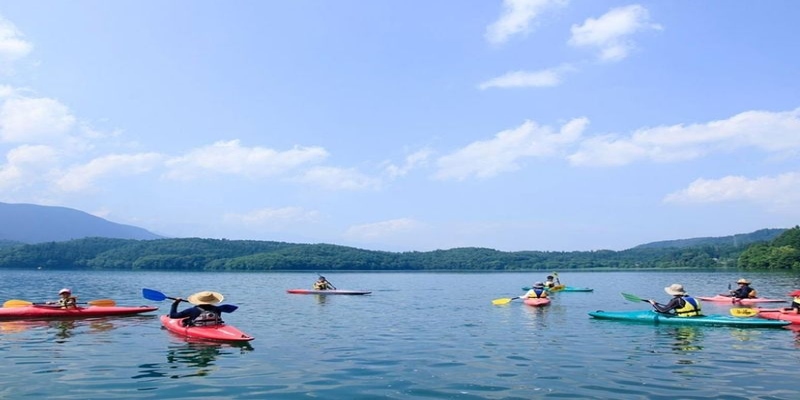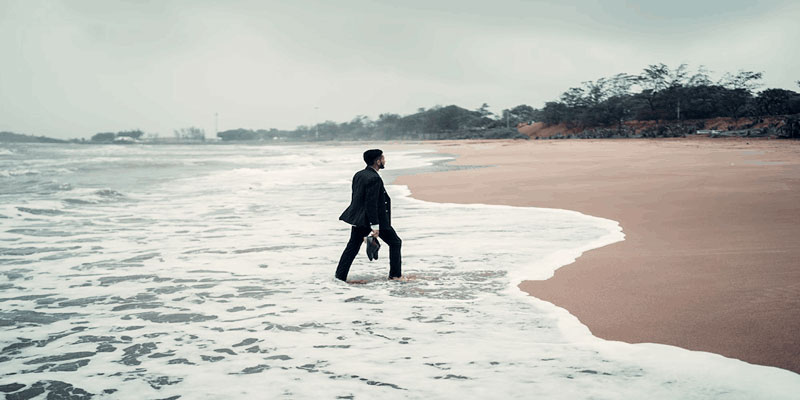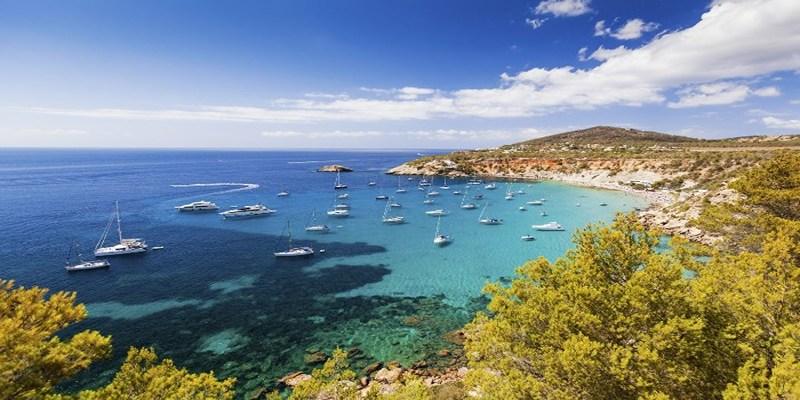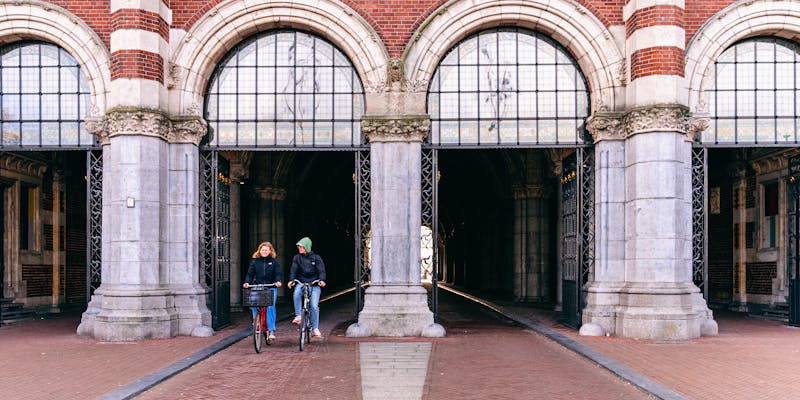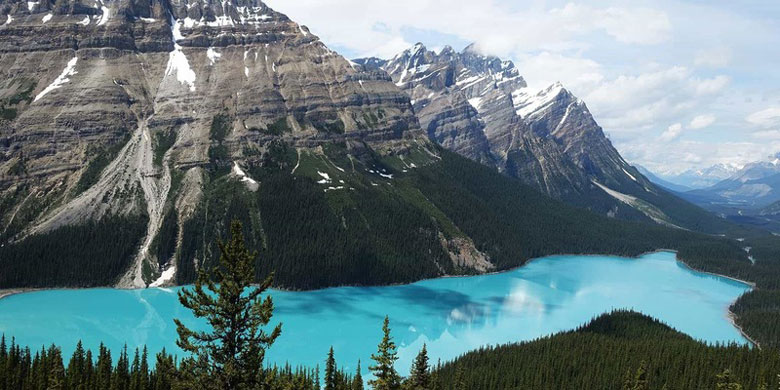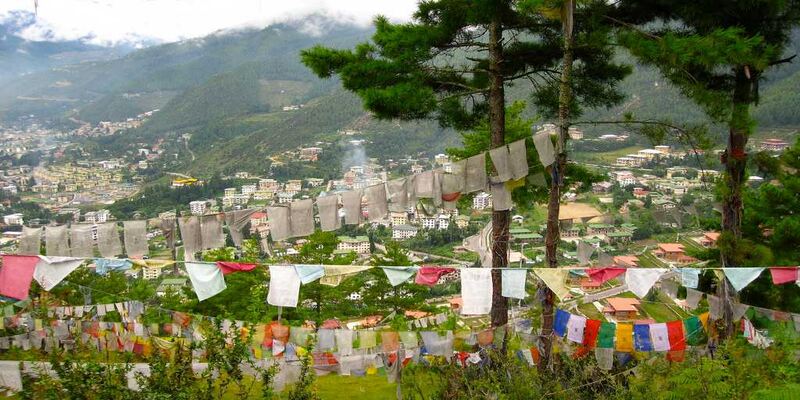Rich culture, beautiful environment, and kind people await you in Myanmar! Visitors to this lovely Southeast Asian nation must respect the environment and locals. Myanmar has a range of activities, from ancient temples and bustling markets to forest excursions and beautiful beaches. Visitors must realize their duty to maintain this great destination's beauty and purity. This essay offers seven essential Myanmar travel tips for smooth and sustainable travel.
These tips will enhance your journey and aid Myanmar's people and environment. Understanding local traditions, eliminating plastic litter, and supporting local businesses are methods to connect with the nation and its people while leaving a little mark. Prepare for an adventure as we discover Myanmar's eco-friendly and responsible travel secrets!
Here are the 6 Suggestions for sustainable and effortless traveling in Myanmar
1. Respect Local Customs And Traditions
Respect local norms when visiting Myanmar. This requires learning and obeying their cultural customs, which may differ from yours. We remove our shoes while entering temples and pagodas out of respect. As a Buddhist country, Myanmar requires modest clothes covering both legs and shoulders when visiting sacred places. Greeting locals without a smile and "Mingalabar" (hello) shows respect and fosters healthy relationships.
Please obtain permission before photographing individuals, especially monks, and religious rituals. Respecting local rituals and customs shows appreciation towards Myanmar's rich cultural history and builds lasting relationships with locals. Respect and understanding make travel more fun and enlightening for tourists and locals.
2. Support Local Businesses
Supporting local businesses in Myanmar helps the towns and villages you visit. Eating at local restaurants, shopping at markets, and staying in family-run guesthouses boosts the local economy and empowers small businesses. Local enterprises frequently provide Myanmar culture, traditions, experiences, and products. From eating traditional Burmese food to buying handcrafted crafts and textiles, supporting local businesses lets you experience the country's diverse heritage while improving local citizens' lives.
Working with local guides and tour operators helps you understand Myanmar's past and current culture and guarantees that your tourism expenditures support the community. Book tours with sustainable, local conservation-focused tour providers. Patronizing local businesses boost Myanmar's economy and promote cultural understanding between tourists and residents. Your assistance preserves Myanmar's unique heritage and supports the people you visit.
3. Minimize Plastic Waste
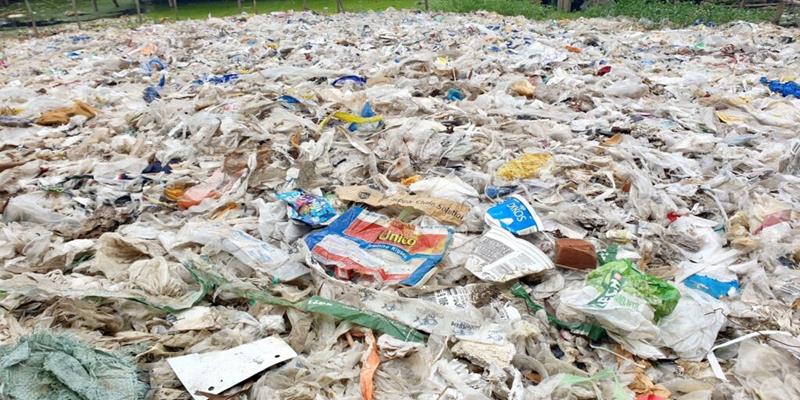
Myanmar's natural beauty, as well as its ecosystem, depends on reducing plastic trash. Here are some easy methods to reduce your plastic footprint when visiting this wonderful country:
- Bring a Reusable Water Bottle: Fill a water bottle at hotels, restaurants, or water fountains and stations instead of buying bottled water. This eliminates plastic waste and single-use plastic bottles.
- Say Goodbye to Plastic Bags: Bring reusable shopping bags to local markets and shops. Refuse plastic bags from sellers and choose eco-friendly ones.
Instead of plastic bags or packaging, use reusable containers for picnics or travel snacks. This reduces plastic waste and preserves food without affecting the environment.
- Skip Plastic Straws: Order beverages without straws or bring bamboo, stainless steel, and silicone straws. This simple change reduces plastic litter and saves marine life.
- Select Green Accommodation: Encourage sustainable, plastic-free hotels and guesthouses. Look for hotels with refillable toiletries, filtered water, and eco-friendly facilities.
- Responsible rubbish Disposal: Recycle or use rubbish containers for plastic waste when traveling. Respect the environment and don't trash to preserve Myanmar's scenery.
- Spread Awareness: Share advice and lead by example to reduce plastic trash with other tourists. We can educate people about sustainable tourism and preserve Myanmar's ecosystem for future generations.
4. Select Eco-Friendly Modes Of Transportation
Myanmar travelers must use sustainable transportation to reduce environmental effects. Tips for eco-friendly transportation:
- Take buses, trains, or shared cabs wherever possible. Public transportation minimizes carbon emissions and fuel use. It's also a terrific chance to meet other visitors and explore local culture.
- Walking or biking through cities reduces dependency on automotive transportation. Walking and cycling reduce environmental impact and let you discover hidden gems and meet people.
- Support Electric Vehicles: Rent an electric or hybrid automobile. Exploring Myanmar's different landscapes with these vehicles is more sustainable because of their lower emissions and fuel consumption.
- Share rides: To reduce traffic and pollution, share taxis or cars with others. Eco-friendly carpooling saves money on transportation.
- Select Sustainable Tour Operators: Book trips with eco-friendly operators. Find firms that assist local communities, utilize fuel-efficient vehicles, and reduce environmental impact.
- Explore on Foot: When feasible, walk to attractions. Walking lets you experience local culture, find hidden gems, and reduce carbon impact.
- Travel carbon emissions can be mitigated by establishing carbon offset programs. Many organizations provide carbon offset programs for renewable energy, forestry, and other environmental projects.
5. Conserve Energy And Water
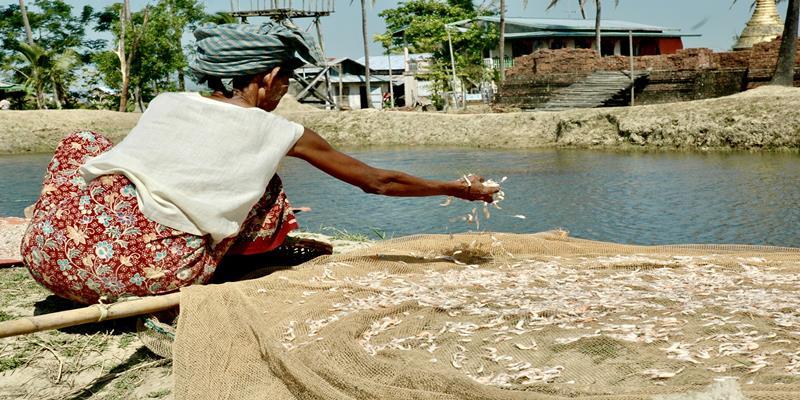
Save energy and water when vacationing in Myanmar to reduce environmental impact and promote sustainability. Here are some easy travel energy and water conservation tips:
- To save energy, switch off lights, air conditioners, fans, and other electronics before leaving your lodging. Try to use daytime natural light.
- Conserve water by taking shorter showers. To save water, turn off the tap and rinse quickly when lathering or shampooing.
- To save water and electricity, reuse towels and sheets during your stay. To promote sustainability, several hotels let guests reuse towels.
- Choose energy-efficient transportation like walking, cycling, or public transportation to minimize fuel use and air pollution. If renting, choose a fuel-efficient or electric automobile.
- Consider avoiding air travel wherever possible because airplanes have a big environmental impact. Use buses or trains for shorter distances.
- To avoid leaks and water waste, turn off taps securely when not in use. Dripping faucets or plumbing concerns should be reported to your lodging provider immediately.
- To decrease single-use bottle waste, bring a reusable bottle of water and refill the contents with filtered and purified water. Skip packaged drinks whenever possible.
Conclusion
Sustainable tourism in Myanmar helps the environment, local communities, and future generations. Visitors may improve their destinations by respecting regional customs and culture, supporting local businesses, limiting plastic waste, selecting sustainable transportation, respecting animals, and saving energy and water. Responsible tourism allows people to interact, experience local cultures, understand other views, and boost Myanmar's economy.
We can safeguard this lovely country's distinct ecosystems and wildlife by being conscious of our activities and environmental impacts. We may encourage sustainability and change destinations as tourists. These basic guidelines for easy and sustainable travel can help us leave a positive legacy for our destinations and locals. Let's take adventures that improve our lives and help Myanmar and the world thrive.

